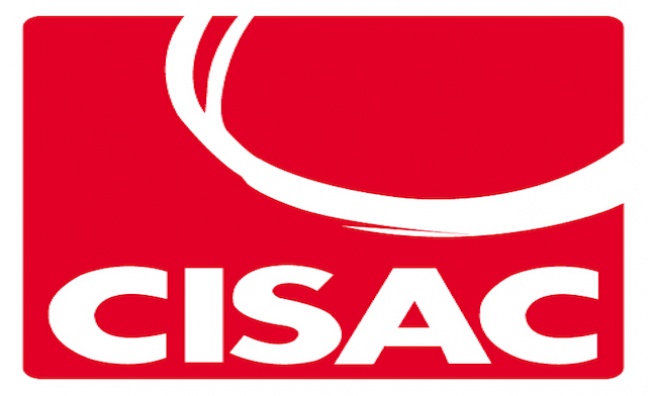The long-running controversy over Spanish collection society SGAE’s business practices has finally produced some action, with umbrella group CISAC voting for SGAE’s temporary expulsion.
SGAE will be suspended from CISAC, the International Confederation Of Societies Of Artists & Composers, for a year. The sanction came after a lengthy investigation into SGAE’s operations, which CISAC says included “discriminatory treatment of rights-holders and unfair practices relating to the distribution of royalties”.
CISAC made recommendations to SGAE last year on improving its governance rules, statutes and royalty distribution, but progress has been slow and CISAC began the sanctions process in December 2018. Today’s CISAC statement says that, while changes have been suggested by new SGAE president Pilar Jurado, they have not yet been approved or implemented by SGAE’s General Assembly.
“CISAC welcomes the positive steps recently taken to improve the situation,” said the statement. “However, it believes that the right path to a truly lasting solution is to ensure these reforms are completed, fully endorsed by SGAE’s assembly and meaningfully implemented by SGAE’s governing bodies. This will strengthen the position of SGAE’s management and convince Spanish rights-holders and the international creative community of SGAE’s commitment to reform.”
The sanctions will be lifted as soon as CISAC, a leading campaigner in the victorious Copyright Directive campaign, is happy with SGAE’s progress. Rights-holders may take more convincing, however: the last few years of the Spanish society have seen police raids, corruption allegations and revelations about a scam known as The Wheel, which involved TV royalties being diverted to some SGAE members.
Many rights-holders are already seeking out alternatives with one Spanish rights management company, Unison, saying it has already signed up a number of catalogues and partnerships.









